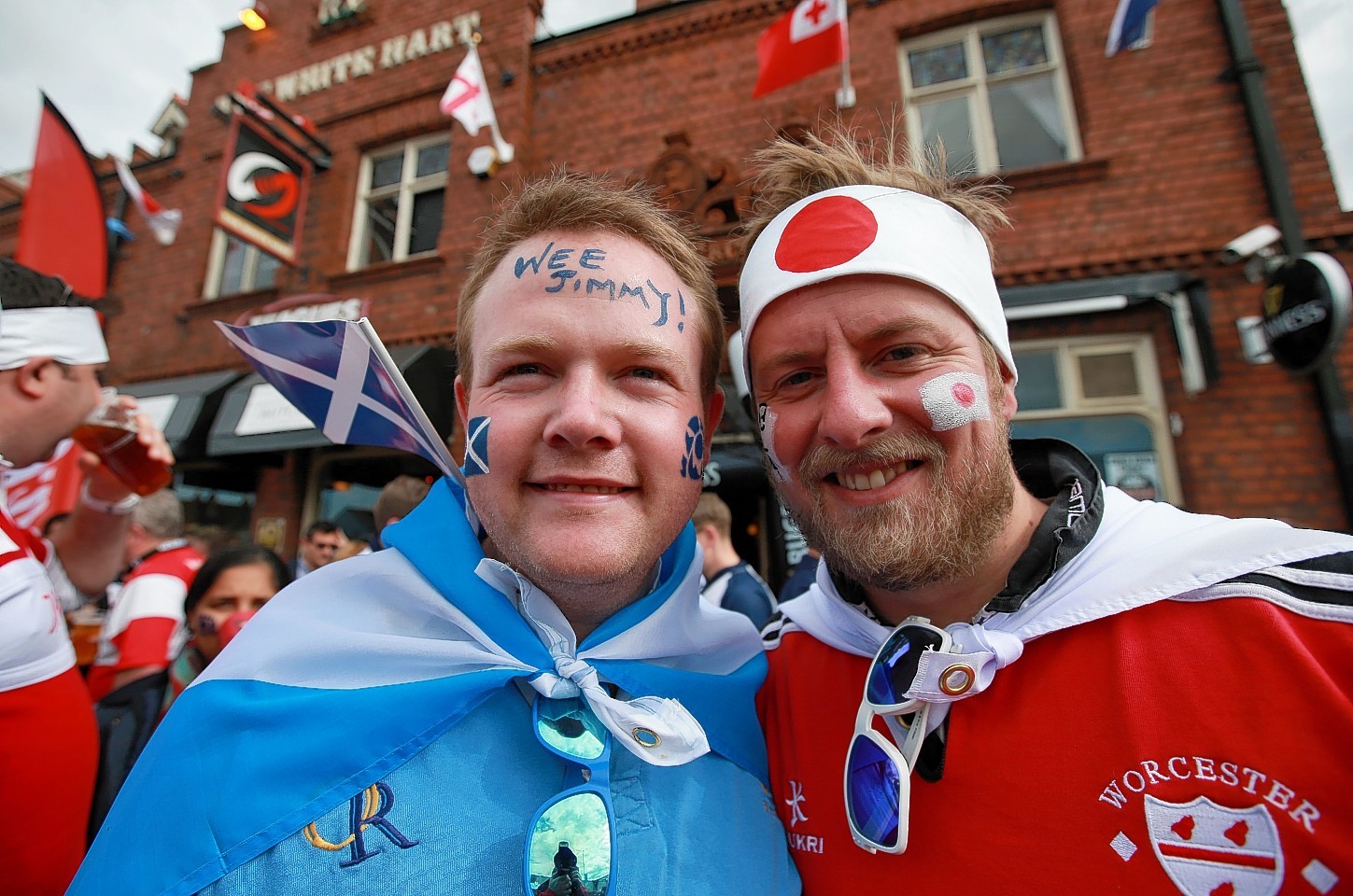It wasn’t so long ago that Scotland used to prove small is beautiful in rugby terms.
In the 1980s and early 1990s, a dynamic coaching staff, led by Jim Telfer and Ian McGeechan, studied videos, analysed opponents’ weaknesses and plotted upsets with unstinting dedication.
Nothing was too much work. Genius was an infinite capacity for taking pains, scalps and liberties. At Murrayfield, Telfer once told me about his admiration for Marshal Tito. Guerrilla warfare was his forte.
In 1991 and 1995, the Scots were pretty close to being in the mix as kings of the world. If Gavin Hastings had kicked a sitter of a penalty against England, they would almost certainly have been in the final.
Then, four years later, they were within seconds of a quarter-final game against Ireland before French winger Emile Ntamack’s last-gasp try changed everything and ensured that Scotland had to deal with Jonah Lomu and his New Zealand compatriots.
The Scots won the Grand Slam in 1984 and 1990 and were within touching distance of reaching the same heights in 1999 when they triumphed in the last-ever Five Nations Championship.
But they have been going through a rough patch for the last 20 years. Almost nobody watches club rugby any more and any successful grassroots organisations normally stand or fall on their own efforts.
The two professional teams, Glasgow and Edinburgh, meanwhile, are packed with Southern Hemisphere exports who have certainly helped propel these sides forward in the Pro12 and Pro14 leagues.
Yet you knew there was a caveat coming, and you’re right. The game’s in trouble and not just because Scotland have crashed out of the World.
The central belt bias is overwhelming. And everything revolves around two composite sides which is nowhere near enough.
Scottish Rugby issues a constant stream of press releases, highlighting the so-called development of the game, but in reality, it is shrinking to an alarming degree.
When was the last time you heard anybody talk about rugby, outwith the Six Nations or World Cup?
The problem is even worse in the north east because there is no high-level investment, despite some redoubtable figures working tirelessly to improve matters.
The dependence on two pro teams – who are both based 150 miles away – simply emphasised why the Scots being bewitched, bothered and bewildered by Japan on Sunday offered an ominous portent for the future.
One leading figure told me, after the Cherry Blossoms’ deserved 28-21 win: “We had better get used to this in the future. We shouldn’t even be surprised any more.
“It is totally crazy that it’s not that long since we were one of the world’s top teams. But now, we are being played off the park by a Tier 2 country.”
It’s a depressing scenario, but there is no quick fix. Gregor Townsend probably won’t survive the embarrassment, though alternatives are thin on the ground.
In the bigger picture, questions should also be asked of the whole Murrayfield structure, particularly after the absurd and counter-productive threats of legal action which emanated from the Scottish governing body last week.
Perhaps, a serious business figure needs to step in, address the issues and prepare a strategy for the future. Martin Gilbert, anyone?
